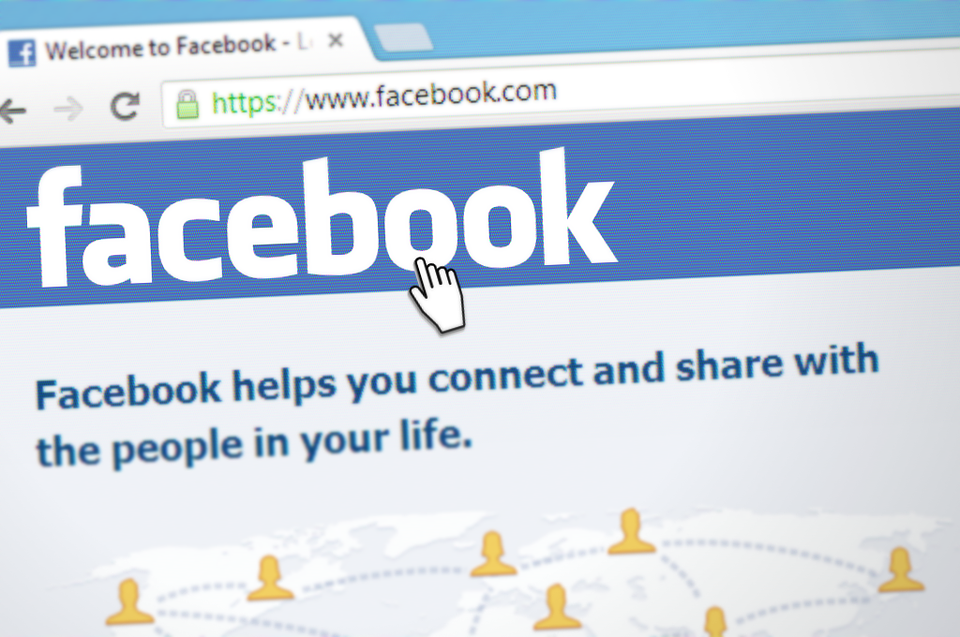
When something happens that leads to heated discussions, coming to the fore without a doubt are Facebook experts and Facebook expertise.
It’s enough for there to be fire; fire extinguishing experts appear and give advice to firefighters through Facebook. They are immediately followed by those who begin to accuse the newfangled experts of being experts.
Russia supplies weapons to Azerbaijan, and the same thing happens: the same people become experts, while the others begin to criticize the experts. In many cases too, the incident not yet taken place, critics manage to post status updates that Facebook experts will soon appear.
Is it bad that every newsworthy event brings forth experts on social media who, naturally, aren’t experts? Actually, that’s not such a bad thing. And here’s why.
(a) Most importantly, this is how it is and how it will be. Because humankind initially created social networking sites, then jumped with both feet in, and does not intend to get out anytime in the near future.
And besides, social networking sites for the first time in human history created an opportunity for everyone to express themselves. Individuals have never had the opportunity, regardless of their social or economic standing, to have a platform and talk to the entire world.
Pandora’s box has been opened. To shut it (moreover, to return everything back) will not work.
And so, we have to accept this situation as objective and unshakeable: people have been given the opportunity to be a media outlet and an expert at the same time. Let’s accept this as an ecological fact, a natural phenomenon, which can be fought only by personally going to a monastery.
(b) Specifically in Armenia, there is a serious lack of experts. Real experts, who, on one hand, understand an area really well and, on the other hand, are able to talk to non-experts (ordinary people) on topics related to that area. That is, to speak so that at least half of what they say is understood by these poor ordinary people.
In many areas, either we don’t have experts or they speak in code. Naturally, ordinary people understand that they have to try to understand the situation on their own because the expert definitely either hates people or lies. Otherwise, he wouldn’t talk like that.
As a result, people try to become experts themselves. As it’s been said: “The salvation of the drowning is the work of the drowning.”
(c) Is it bad that a person is trying to understand something new by himself? Is it bad that he learns how to search for and process information quickly? I think, the opposite — it’s very good. This means that society is not yet comprised of completely brainwashed minds, that many people are trying to go deep, trying to find what’s new.
The problem, rather, is “teacher syndrome,” when someone after learning something tries to force his opinion on others. And this is our school’s, our education system’s fault: beginning from textbooks and ending with teachers. That’s how people are educated: the truth ultimately is forced upon them.
And so, the modus operandi of Facebook experts starts from our schooling system.
And if real experts try to spend a little more time informing and educating the public, I believe the analytics on Facebook will drop at least by a few times.
Samvel Martirosyan
The views expressed in the column are those of the author's and do not necessarily reflect the views of Media.am.


Add new comment
Comments by Media.am readers become public after moderation. We urge our readers not to leave anonymous comments. It’s always nice to know with whom one is speaking.
We do not publish comments that contain profanities, non-normative lexicon, personal attacks or threats. We do not publish comments that spread hate.